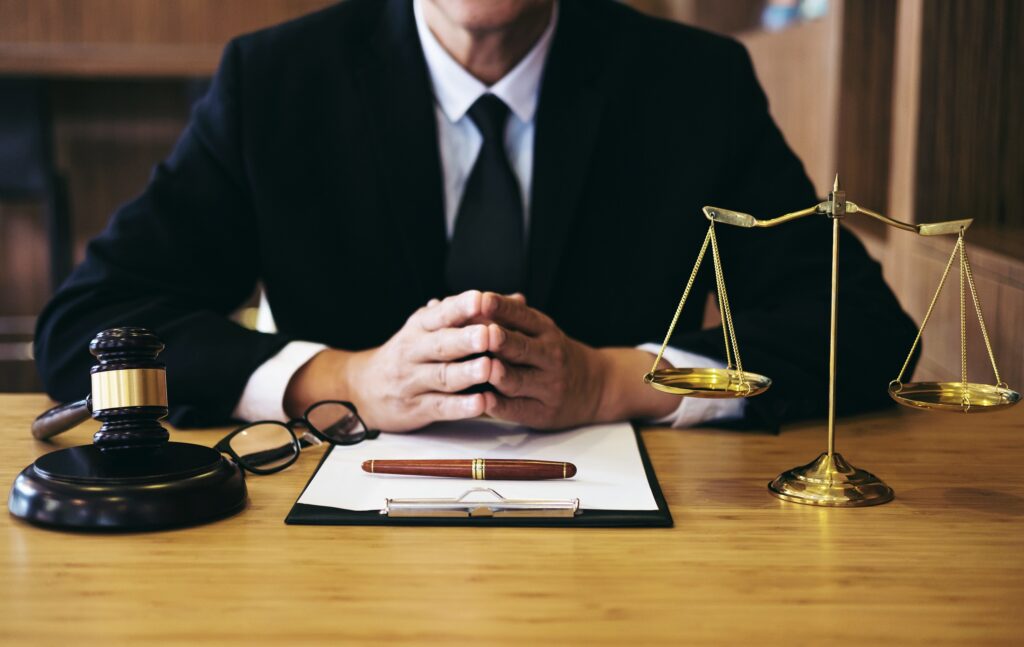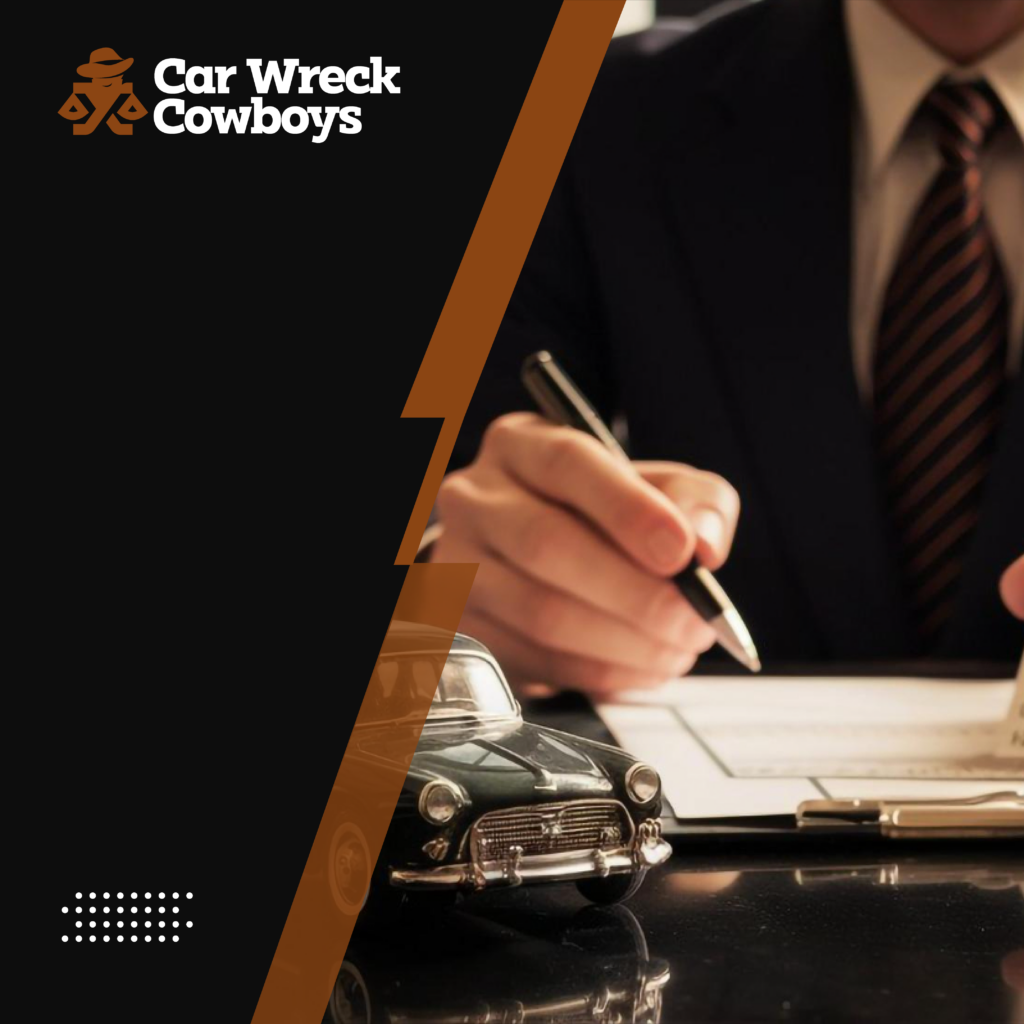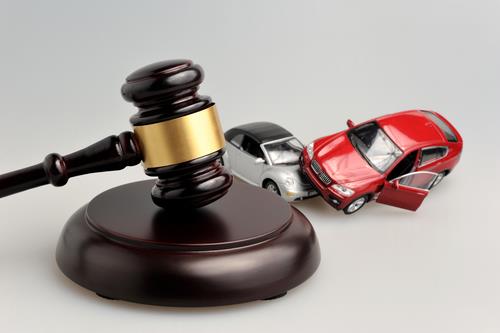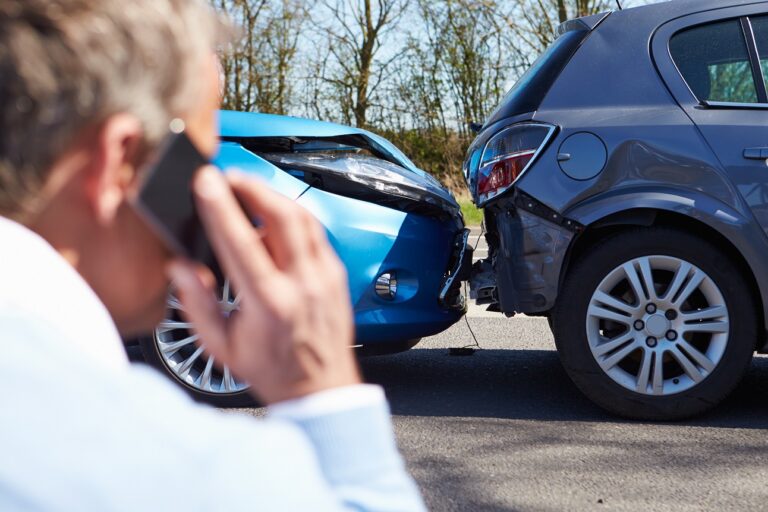Unlawful Searches After a Car Accident: What Georgia Drivers Need to Know

Car accidents are already stressful enough without the added complication of unlawful searches by law enforcement. Unfortunately, some drivers in Georgia may find themselves subjected to searches that violate their constitutional rights. Understanding your rights and what to do in these situations is crucial for protecting your freedom and ensuring evidence collected unlawfully does not harm your case.
In this article, we’ll break down the basics of unlawful searches after a car accident in Georgia, your rights under the Fourth Amendment, and how to respond if your rights are violated.

What Constitutes an Unlawful Search?
Under the Fourth Amendment to the U.S. Constitution, individuals are protected from unreasonable searches and seizures. This means that law enforcement officers generally need one of the following to search your vehicle:
- Your Consent: You voluntarily agree to the search.
- Probable Cause: There is a reasonable belief that evidence of a crime is in your vehicle.
- A Warrant: A judge has issued a search warrant based on probable cause.
- Incident to Arrest: The search is conducted during a lawful arrest.
If none of these criteria are met, the search may be considered unlawful, and any evidence obtained during the search could be deemed inadmissible in court.

When Can Police Legally Search Your Vehicle After a Car Accident?
In Georgia, law enforcement officers may attempt to search your vehicle after a car accident under certain circumstances. Here are the most common scenarios:
- Visible Evidence:
If illegal items (e.g., drugs, weapons) are in plain view, officers may have probable cause to search your vehicle. - Suspicion of DUI:
If police suspect you were driving under the influence of alcohol or drugs, they may search for open containers or illegal substances. - Following an Arrest:
If you are arrested for a traffic violation or another offense, officers may search your vehicle incident to the arrest. - Impounded Vehicle Searches:
If your vehicle is towed and impounded after the accident, law enforcement may conduct an inventory search of its contents.

Signs of an Unlawful Search
A search may be unlawful if:
- The officer pressures or intimidates you into consenting without informing you of your rights.
- The search occurs without probable cause, a warrant, or your consent.
- You are detained without reasonable suspicion, and the search is conducted during that detention.
- The scope of the search exceeds what is allowed under the circumstances (e.g., searching areas unrelated to the suspected crime).

What to Do If You’re Subjected to an Unlawful Search
If you believe your rights have been violated during a vehicle search after a car accident, follow these steps:
- Remain Calm and Respectful:
Do not argue with the officer or resist the search. Stay composed and avoid escalating the situation. - Do Not Consent to the Search:
Politely but firmly state, “I do not consent to this search.” Your lack of consent may help your case later if the search is challenged in court. - Document the Incident:
Take note of the officer’s name, badge number, and the events leading up to the search. If possible, record the interaction on your phone. - Contact an Attorney Immediately:
Reach out to a criminal defense or personal injury lawyer with experience in unlawful search cases. Your attorney can help challenge the legality of the search and protect your rights.

How Unlawful Searches Can Impact Your Case
Unlawful searches can significantly affect the outcome of both criminal and civil cases stemming from a car accident:
- Criminal Cases:
If evidence is obtained unlawfully, your attorney can file a motion to suppress the evidence. If the court agrees, the evidence will not be admissible in court, weakening the prosecution’s case against you. - Civil Cases:
Evidence obtained through an unlawful search may not only harm your reputation but could also influence the outcome of insurance claims or personal injury lawsuits. Suppressing this evidence is essential for a fair legal process.

Challenging an Unlawful Search in Georgia
To challenge an unlawful search, your attorney may argue:
- Lack of Probable Cause: The officer had no reasonable basis for conducting the search.
- Invalid Consent: Your consent was coerced or obtained without proper explanation of your rights.
- Exceeding the Scope of a Search: The officer searched areas unrelated to the suspected offense.
- Improper Arrest or Detention: The search occurred without valid legal grounds for your detainment.
Courts take Fourth Amendment violations seriously, and a skilled attorney can help ensure your rights are upheld.

Protecting Your Rights: Practical Tips
To avoid complications related to vehicle searches after a car accident in Georgia, keep the following in mind:
- Know Your Rights:
Familiarize yourself with your Fourth Amendment protections. You are not obligated to consent to a search. - Be Cautious About Consent:
Do not agree to a search unless law enforcement has a warrant or clear probable cause. - Avoid Self-Incrimination:
Refrain from volunteering unnecessary information or admitting fault at the scene of the accident. - Seek Legal Help Promptly:
Contact a lawyer immediately if you believe your rights have been violated. The sooner you act, the stronger your case will be.

Frequently Asked Questions
Q: Can I refuse a search after a car accident?
A: Yes. You have the right to refuse a search unless the officer has probable cause, a warrant, or is conducting a search incident to an arrest.
Q: What happens if I refuse a search?
A: Refusing a search may lead the officer to seek other justifications, such as obtaining a warrant or using visible evidence as probable cause. However, refusal helps preserve your rights if the search is later challenged in court.
Q: Can evidence found in an unlawful search be used against me?
A: Typically, evidence obtained unlawfully is inadmissible in court under the exclusionary rule. A skilled attorney can help suppress such evidence.

Contact Car Wreck Cowboys for Legal Support
At Car Wreck Cowboys, we understand the complexities of Georgia’s car accident laws, including situations involving unlawful searches. If you believe your rights were violated, we’re here to help.
Why Choose Us?
- Experienced in Fourth Amendment and car accident cases.
- Skilled in suppressing unlawfully obtained evidence.
- Committed to protecting your rights and securing the best outcome for your case.
Take Action Today: Call us for a free consultation and let us fight for your rights.

Final Thoughts
Unlawful searches after a car accident can have serious legal implications, but knowing your rights and taking the proper steps can protect you from injustice. If you’re dealing with the aftermath of a car accident in Georgia, trust the experts at Car Wreck Cowboys to stand by your side and guide you through the legal process. Don’t wait—contact us today!






